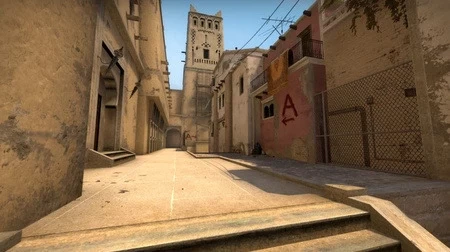In the dynamic world of virtual gaming, effective team communication is crucial for success. Mastering this aspect can significantly enhance performance, improve coordination, and make the gaming experience more enjoyable. The essence of effective team communication lies in the ability to convey information clearly, respond promptly, and collaborate seamlessly with teammates. Achieving this requires a combination of strategies, tools, and practices that foster a cohesive and efficient gaming environment. One fundamental principle of effective communication in virtual gaming is clarity. Each team member needs to articulate their thoughts, strategies, and intentions in a manner that is easily understood by others. Ambiguity can lead to misunderstandings, which in turn can disrupt the flow of the game and hinder the team’s performance. Clear communication involves using precise language, avoiding jargon that others might not understand, and being direct about one’s actions and plans.

Another vital aspect of team communication is timely responsiveness. In the fast-paced environment of virtual gaming, decisions often need to be made quickly, such as with Mirage Callouts in competitive play. Waiting too long to communicate or respond can result in missed opportunities or critical mistakes. Therefore, it is important for team members to stay attentive and respond to communications in a prompt manner. This includes acknowledging instructions, providing updates on one’s status, and reacting swiftly to changes in the game’s dynamics. Prompt communication helps keep everyone on the same page and allows the team to adapt to evolving situations more effectively. Active listening is equally important in virtual gaming. This involves not only hearing what other team members are saying but also understanding and processing the information. Active listening means paying close attention to others’ inputs, asking clarifying questions if needed, and responding thoughtfully. Building a positive and supportive team environment is another key to effective communication.
In a virtual gaming setting, where interactions are often confined to text or voice chat, it is easy for misunderstandings or conflicts to arise. To mitigate this, it is essential to foster a culture of respect and encouragement. Providing constructive feedback, acknowledging others’ contributions, and maintaining a positive attitude can enhance teamwork and create a more collaborative atmosphere. A supportive environment not only improves communication but also boosts team morale and motivation. Utilizing the right tools is also crucial for effective communication in virtual gaming. Many games come with built-in communication features, such as voice chat or text messaging, which facilitate real-time interactions. Additionally, using external communication tools can provide added functionality, such as organizing team strategies, sharing information, and coordinating actions. Selecting tools that best fit the team’s needs and preferences can enhance communication efficiency and ensure that all members are well-informed and connected.
